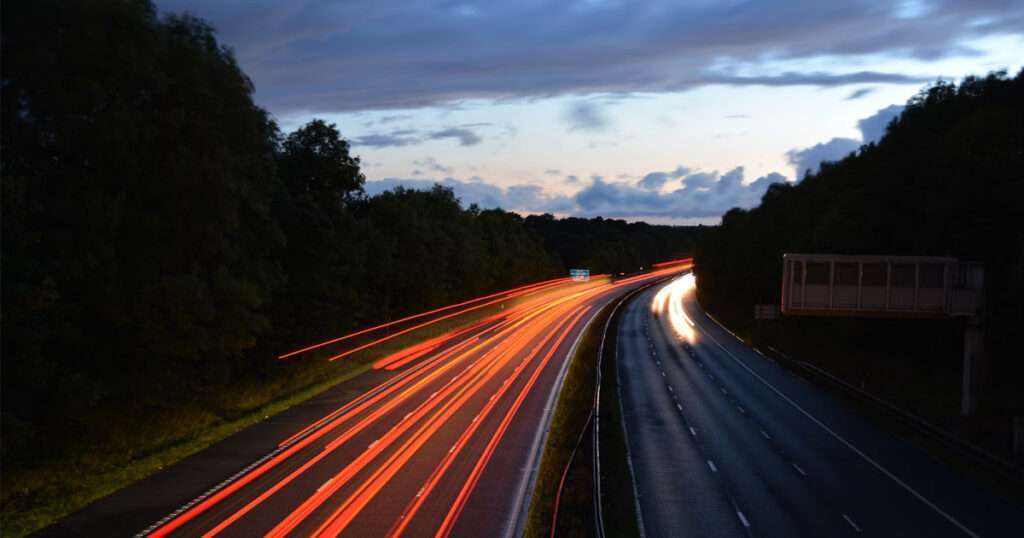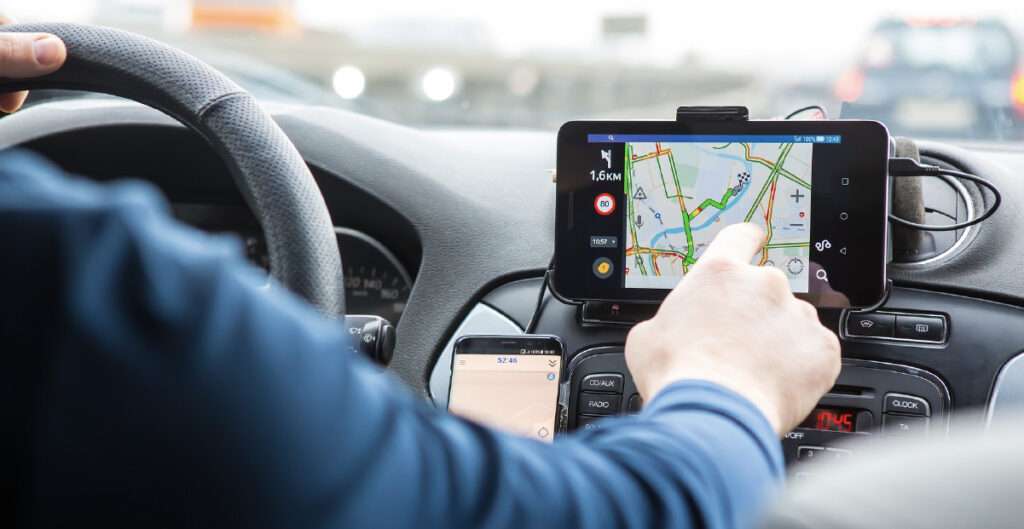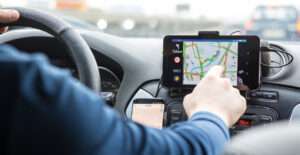In a context where many major European cities are opting for policies to reduce car traffic in city centers, Berlin surprises by taking another turn… Indeed, the German capital is abandoning the 30 km/h speed limit in favor of an urban highway revalued at 50 km/h. This decision raises fundamental questions about urban mobility policies and local authorities’ priorities. What motivations lie behind this surprising reversal? Find out more in this exclusive article…
Berlin authorities make a U-turn
In the face of the climate emergency confronting the world, many cities are exerting pressure on cars and their drivers. Their objective? To reduce the presence of vehicles in the city in favor of soft mobility options that guarantee a calmer environment and less pollution… However, Berlin is the exception… Indeed, in the German capital, authorities have reversed course to once again favor the use of automobiles. This decision first translates into the reopening of the main commercial artery, Friedrichstrasse. Opened in 2020, it has been closed and reopened several times, disrupting motorists and causing inconvenience. But it was particularly the subject of political confrontations between environmentalists and conservatives. Now, this situation proves to be a failure, involving a cost of around 3 million euros borne by taxpayers.
The voice of citizens is heard
In Berlin, a radical change in perspective is emerging among citizens. According to various observers, including the NGO Changing Cities, Berlin seemed until now devoid of a true mobility policy. Indeed, the city favored rapid and sometimes inconsistent developments, including the hasty conversion of roads into bike lanes. This approach, combined with the persistent influence of the automotive lobby in Germany, has generated frustrations among the population. And it has not hesitated to express its discontent through the ballot box…
Since the conservatives came to power, the city’s transportation policy has undergone a radical upheaval. The new mayor, who focused his campaign on restoring the place of the car in the city, seems to have won the support of many voters. Contrary to the trends observed in Paris, Barcelona, and Brussels, Berlin is thus adopting an opposing approach. Kai Wegner (CDU), the new mayor, has even stated his desire not to let bike lanes disrupt traffic flow..
Objectives achieved but persistent challenges
Authorities justify the revaluation of the speed limit, as they estimate that pollution reduction goals have been achieved. Especially thanks to the decrease in the number of diesel vehicles and the increase in the number of electric cars. As for parking, the municipality of Berlin insists on simplicity and accessibility. Thus, parking fees will not be exponentially increased for SUVs. Unlike what is happening in Paris and Lyon…
On average, residents pay only 12 euros per year for their parking, while the city commits to building new parking spaces where possible. However, the decision to build a new section of highway, the A100, remains controversial, as it seems to promote a retrograde vision of automobile dominance, reminiscent of the 1950s. We will closely monitor this issue to keep you informed of the latest developments…





